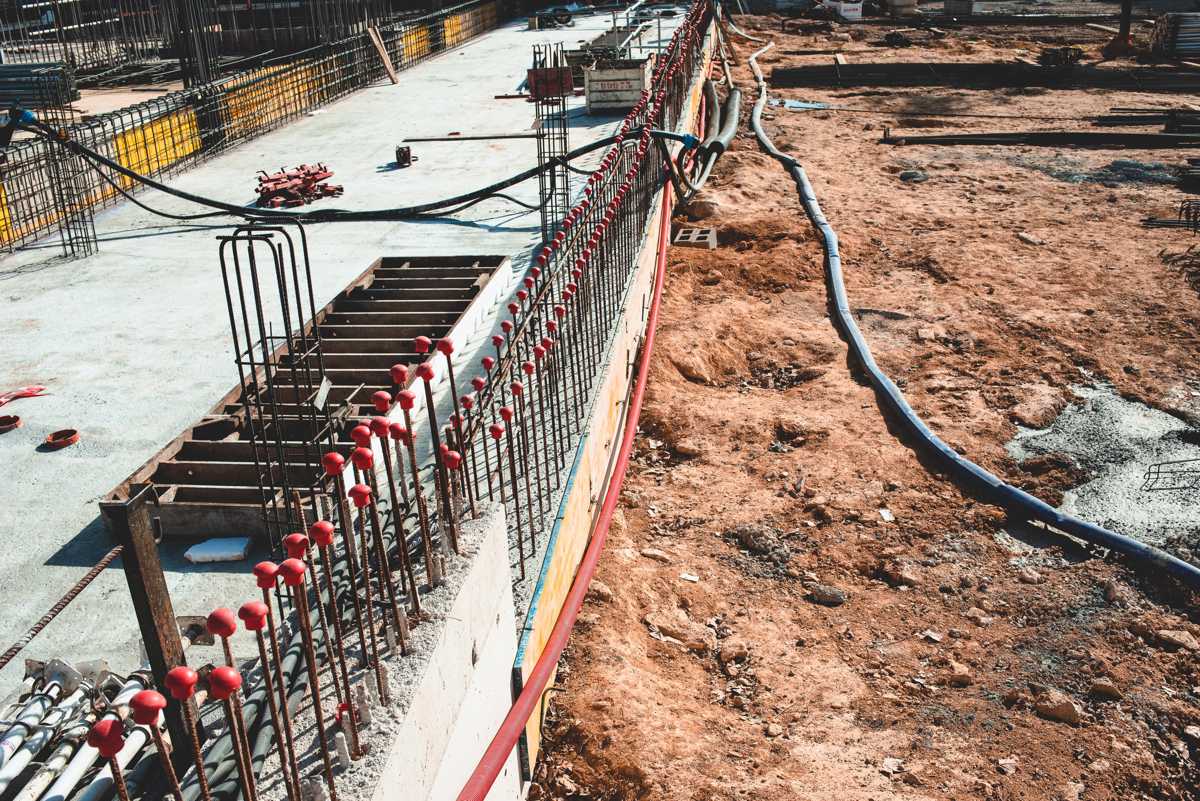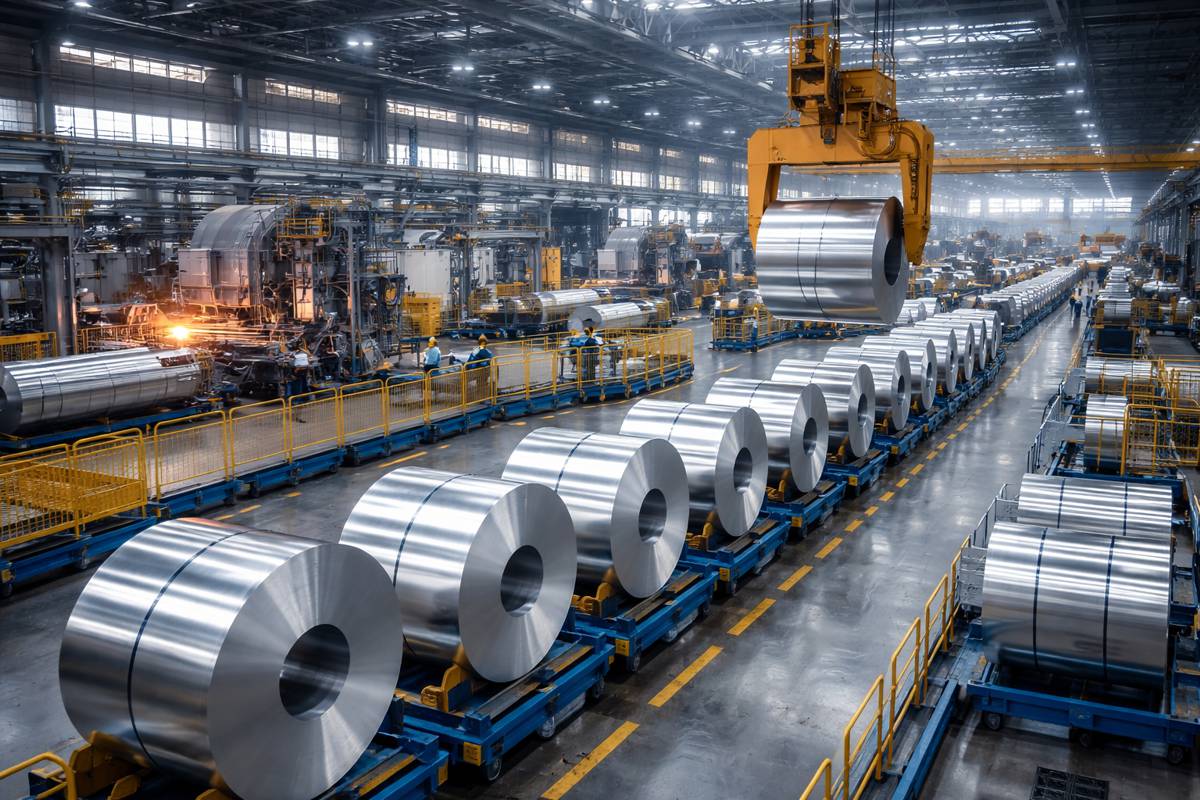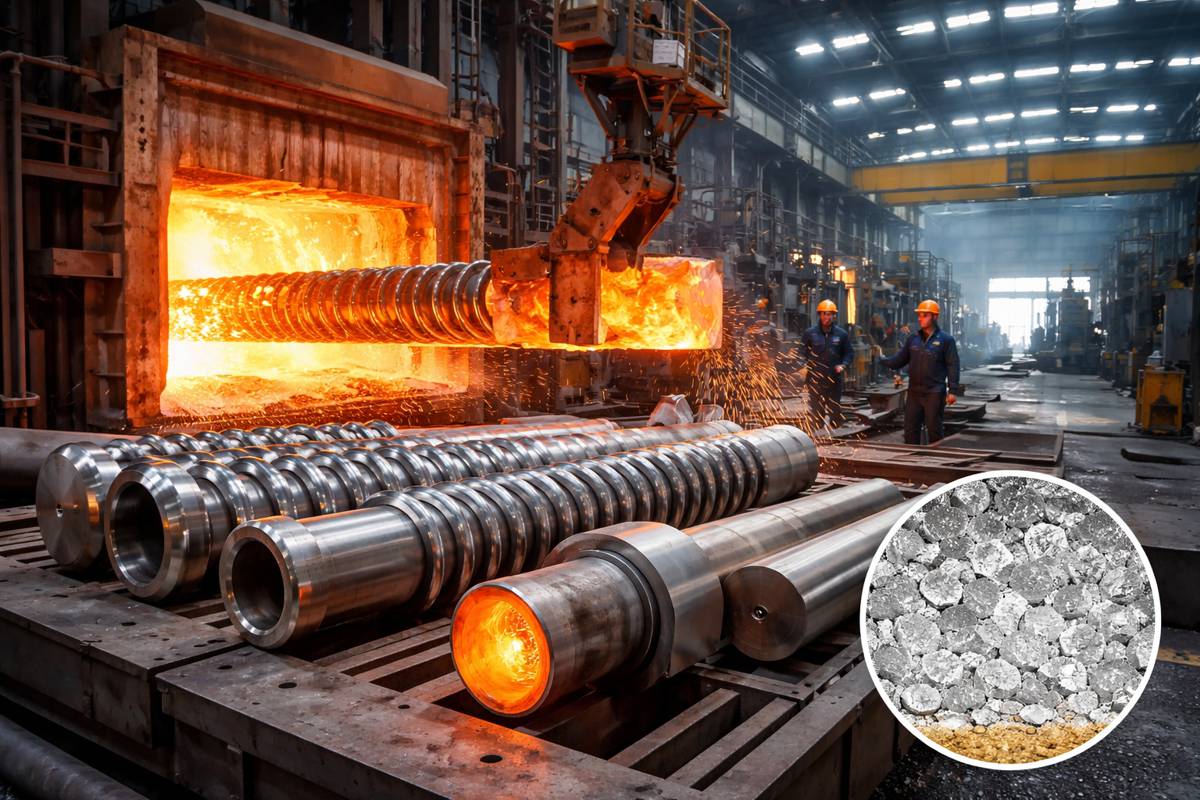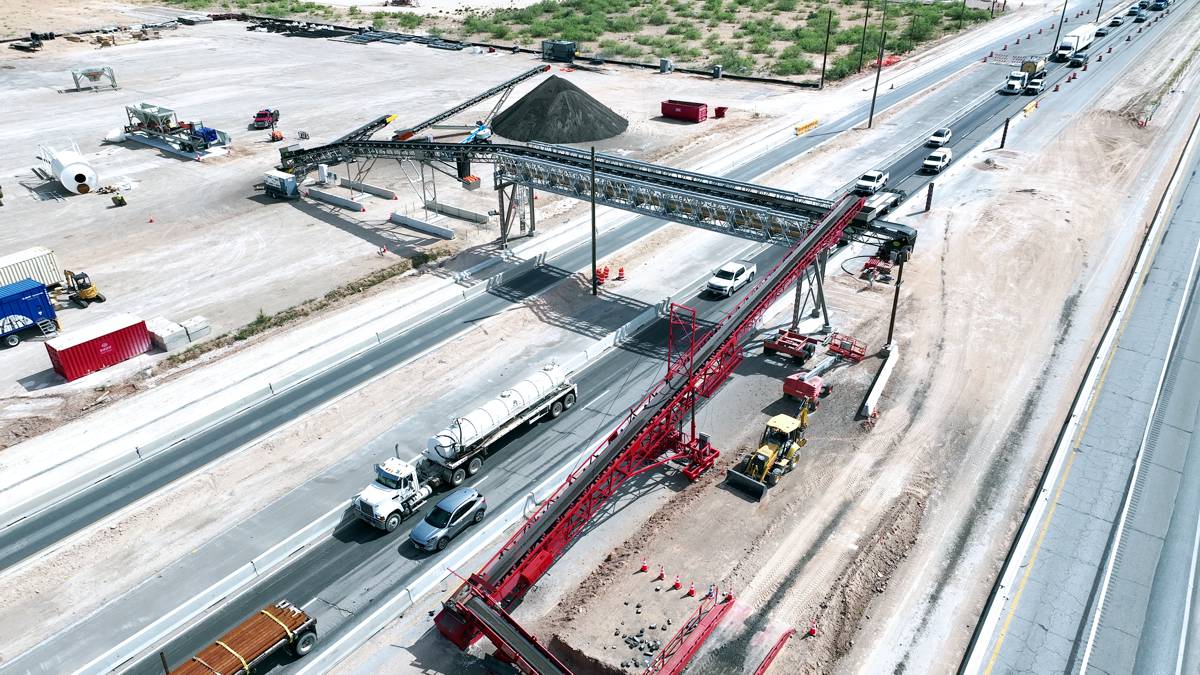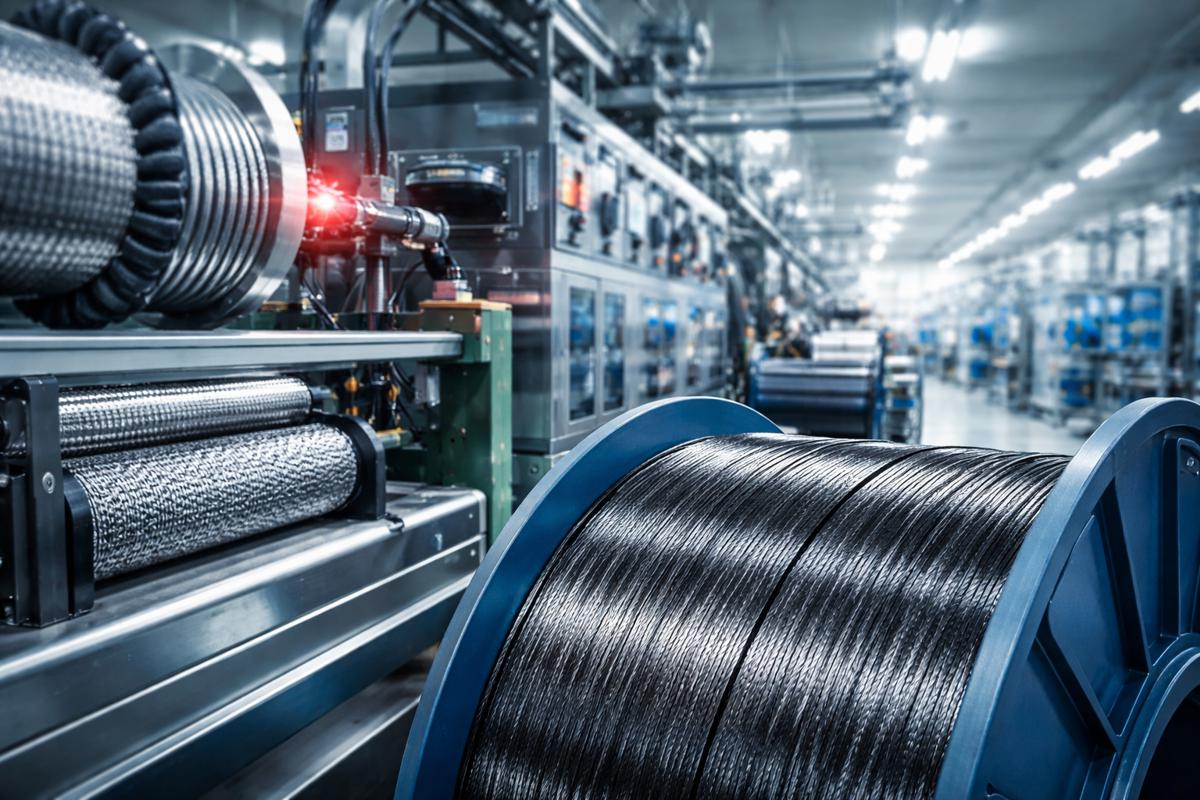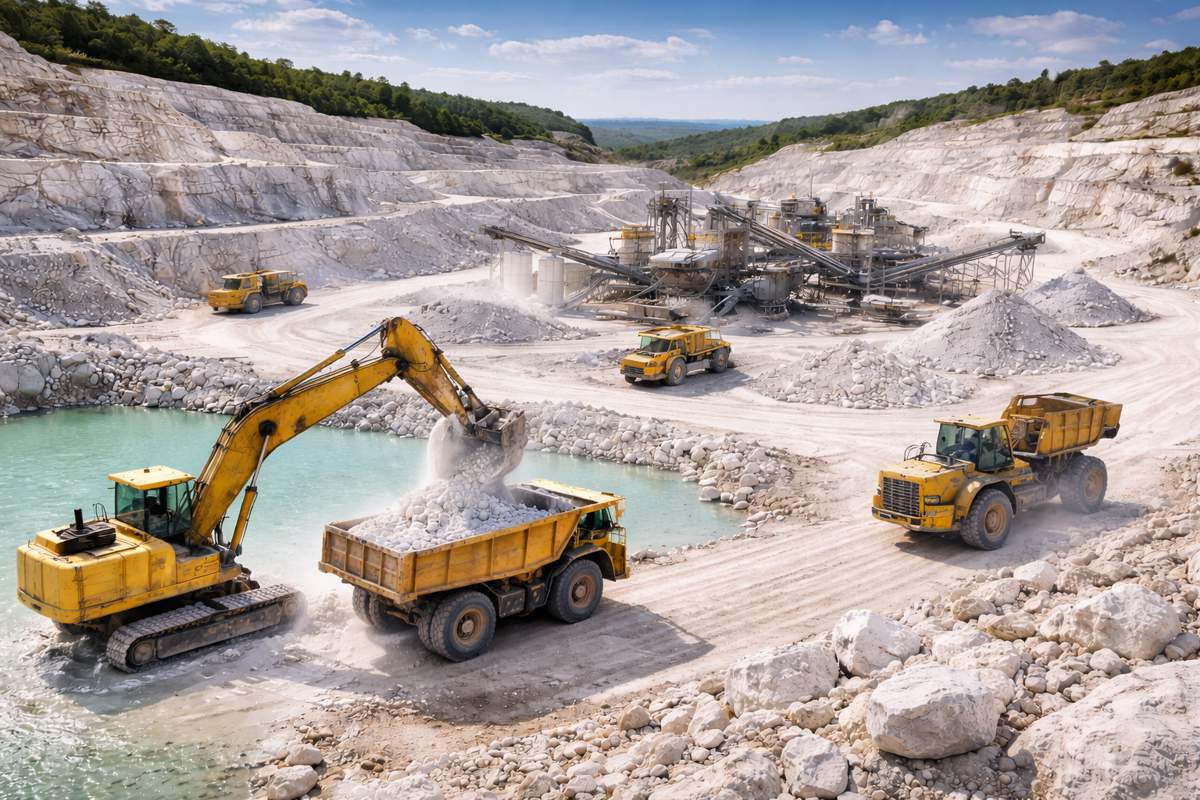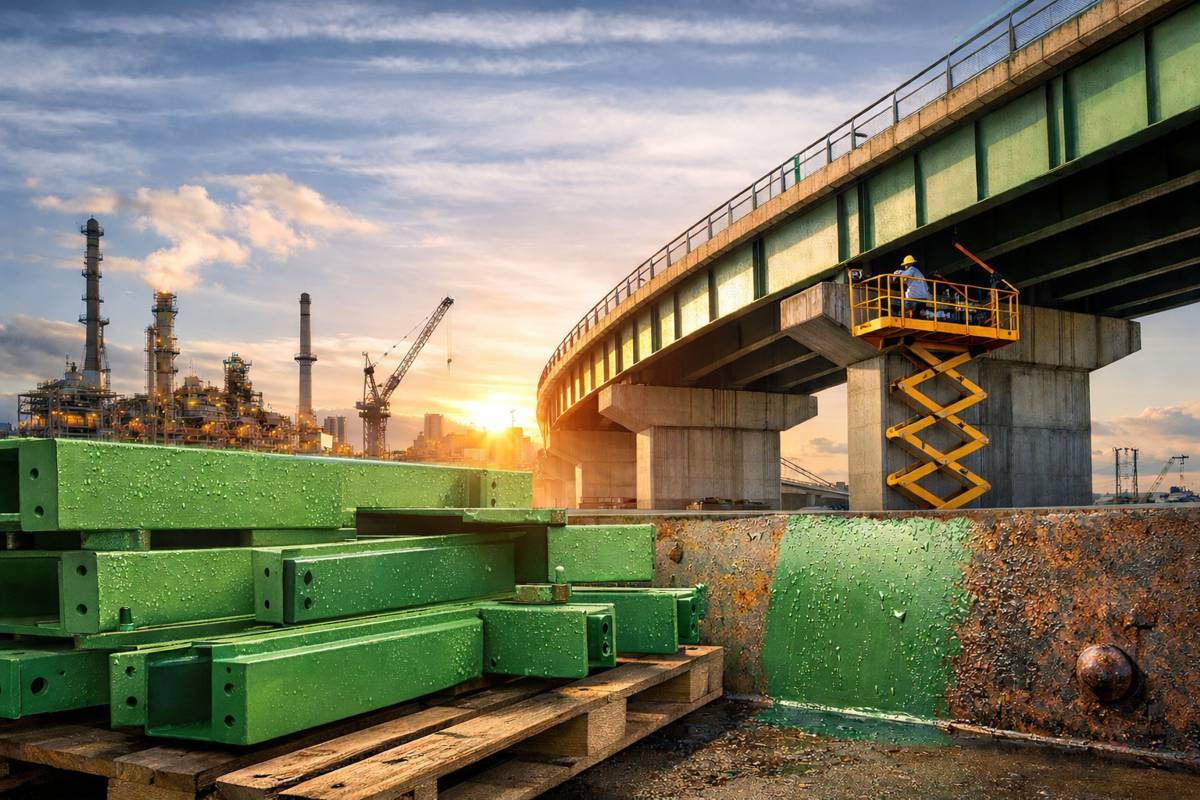The Role of Rebar in Highway Construction
When you are driving down the highway, you are probably not thinking much about what’s under the asphalt. But have you ever considered how those sprawling roads stand up strong and resilient? A big part of what makes roads so strong is the steel that they are made of — reinforcing bar or rebar, in other words.
In highway construction, rebars provide the strength and durability that are fundamental to withstand heavy traffic as well as harsh weather. However, there are several reasons why rebar is an essential element in reinforcing concrete pavements and structures on highways. Here’s everything you need to know about rebar.
Why Rebar Matters
Rebar is more than a minor player in highway construction. It’s an integral fixture that guarantees the longevity and safety of roadways. Providing the necessary tensile strength, enhancing longevity, and preventing cracking mean that the rebar has an important job to do in keeping the roads in top condition. There’s a lot more information about rebar on reozone.com.au to help you understand how it works.
Imagine a bustling interstate highway. Thousands of cars—including 18-wheelers—travel our roads every day. That constant traffic load could easily cause the concrete to buckle and rupture if it were not for rebar. Instead, the rebar distributes the pressure so that the concrete can handle the load for many years to come. That makes for a smooth, safe journey.
The Strength Behind Rebar
When it comes to the road, concrete and rebar work together to make sure they can carry the weight. Rebar functions to support concrete, making up for what concrete lacks in tensile strength. The steel bar, when combined with the concrete, creates a composite material that is a lot more resilient because it handles the most extreme compression and tension forces, allowing it to expand over a great distance. Roads beefed up with rebar are less likely to face these types of issues.
Durability in the Long Run
Highways are usually plagued with all sorts of overloading factors, like heavy traffic, fluctuating temperatures, and harsh weather. All these have the potential to worsen the concrete structure over time. The rebar helps alleviate such problems — not to mention that it ensures the pavement enjoys an extended lifespan.
The steel bars redistribute the heavy load across the pavement so that it does not settle in one area and cause a massive crack that undermines the road structure. The composite materials create a more uniform temperature as well, which means there is less probability of the roads cracking easily. The rebar absorbs the increase/decrease in the temperature, providing consistency and ensuring the roads last a longer period.
Crack Resistance
Crack resistance is a part of your safety and a huge deal because cracks/potholes cause a great deal of accidents each year. When you have a sturdy road, it actually takes a lot more for it to crack, so even if you do run a crack in the concrete, the rebar will hold the road to stop it from spreading and prevent a potential hazard to automobiles.
The Role of Rebar in Pavement Design
The same building principle applies to pavements; rebar is placed specifically in the concrete to help the pavements function at peak capacity. The design and corresponding placements are engineered to pavement type, anticipated traffic loads, and environmental conditions.
In other words, before producing concrete and setting rebars, a highway engineer would have to determine the exact placement and amount of rebars that would be most advantageous in relation to the specific pavement load and environmental circumstances. In fact, because of the professional calculations needed in the generation of highway concrete, rebar is necessary to serve as a tensile element of the structure with the purpose of resisting breakage.
Installation and Maintenance
Of course, installing rebar in highway construction is a bit complicated. Workers have to make sure it’s placed and tied together right before pouring the concrete. It’s the only way the rebar can do its job. Regular maintenance is important, too; engineers have to look for any tears or weak spots in the rebar. Looking after it is important to ensure the strength of the highway.
Innovations in Rebar Technology
Thankfully, improvements in rebar technology have made it even more effective in highway construction. Epoxy-coated rebar, for example, is used in areas where there’s lots of moisture or exposure to de-icing chemicals. A protective coating is important for preserving the steel and increasing the longevity of a highway.
Fibre-reinforced polymer (FRP) rebar is a material that has even more strength and longevity than conventional steel rebar. These breakthroughs have made traveling our nation’s roads a safer, smoother experience.
To Sum It Up
Roadways connect us, maintain commerce, and even contribute to our culture. In simple terms, they build our society. To that end, foundations like rebar make our highways reliable.
